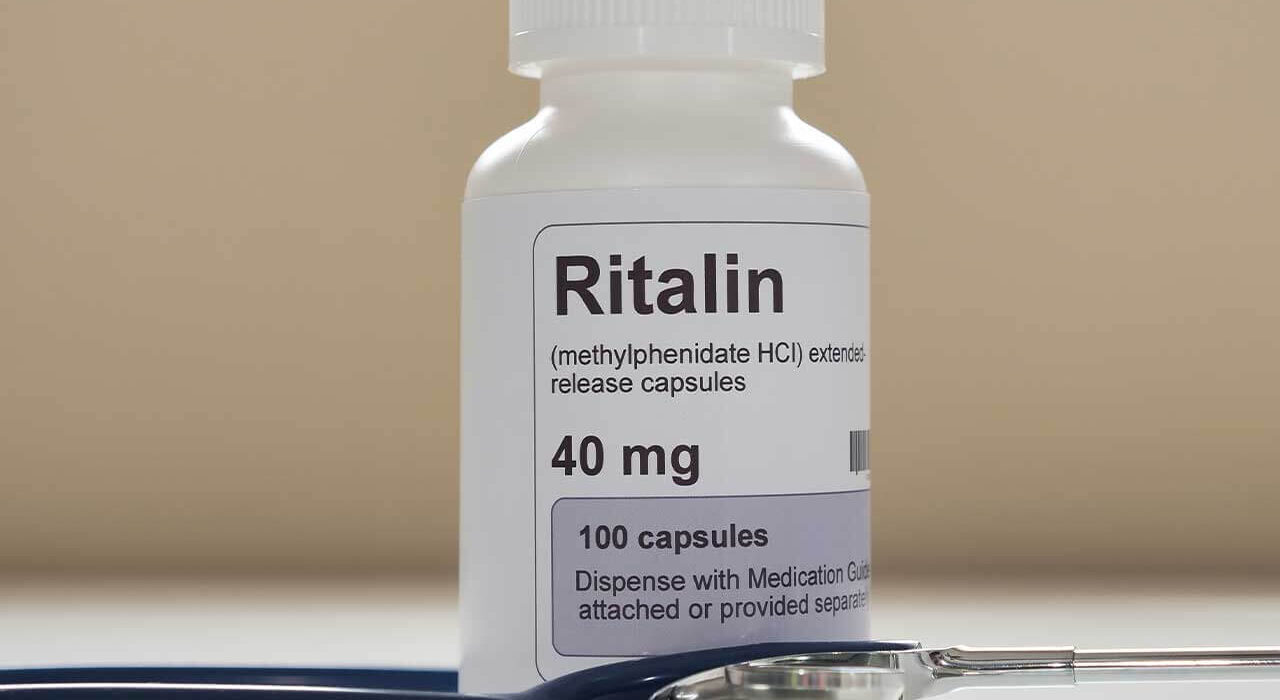For many years, researchers believed that Attention Deficit Hyperactivity Disorder (ADHD) would disappear by the time a child reached adolescence with no long-lasting effects. Now they observe that as many as two out of three children continue to struggle with the disorder into adulthood. Adults with ADHD may have difficulty sustaining attention and concentration and often exhibit extreme levels of activity, distractibility, and impulsivity. ADHD can wreak havoc with personal relationships, present ongoing problems at work, and can even make the individual prone to depression and substance abuse. Therefore, with proper treatment, adults can learn to control and even capitalize on the extra energy and ingenuity that ADHD gives them.
Symptoms
Many adults with ADHD struggle to stay organized, plan ahead, and maintain order, which often leaves them feeling messy and disorganized. Others develop obsessive coping strategies, keep strict schedules, and rely on numerous lists to stay organized.
The three core symptoms of ADHD are:
Impulsivity
Overly impulsive; seem unable to curb immediate reactions or think before saying things to friends or co-workers; may have problems with gambling or shopping.
Hyperactivity
Always seem to be in motion; may have trouble sitting still for long periods of time; may talk incessantly or fidget constantly. (In adults, the hyperactivity component is not always present, and a diagnosis of ADD may be more appropriate.)
Distractibility
An adult with ADHD may struggle to follow conversations or keep their mind focused on one task for any length of time, and they often become bored after only a few minutes.
Causes
A single cause has not been conclusively proven. It is likely this complex disorder can be the result of a combination of factors. Two of the possibilities currently being researched are:
Family History
Adults who have ADHD usually have at least one close biological relative who also has the disorder. At least one-third of all fathers who had ADHD in their youth bear children who have ADHD.
Brain Function
Research on how the brain normally develops in the fetus offers clues about what may disrupt the process. Throughout pregnancy, and continuing into the first year of life, the brain is constantly developing. Research indicates that a mother’s use of cigarettes, alcohol, or other drugs during pregnancy can have damaging effects to the fetus’s developing brain. Toxins in the environment can also disrupt brain development or brain processes, which may also lead to ADHD.
In those with ADHD, the brain areas that control attention use less glucose, indicating that they are less active. Lower activity in some parts of the brain may cause inattention, and current research explores why this occurs.
Treatment
While researchers have not yet found a cure for ADHD, therapy and in some cases a combination of therapy and medication can lessen and relieve its symptoms. Many therapists specialize in helping people with ADHD. Therapy provides a safe, comforting, and confidential setting in which to receive the kind of help and understanding that can best assist in coping with ADHD and the effects it has on everyday life.




